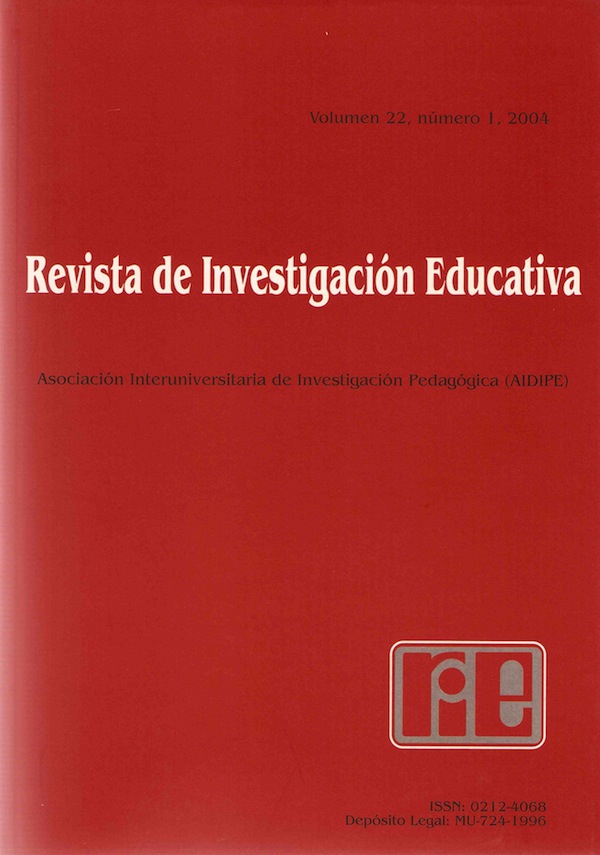Expectativas vocacionales de resultados en los estudiantes de secundaria
Abstract
This work is framed in the context of the study of the causal determinant of the vocational interests from a perspective social cognitive (Lent, Brown y Hackett, 1994). Considering the «vocational values» or vocational outcomes expectations as one of the cognitive mediators of the vocational interests (Hernández Franco, 2001), the study approaches the empiric verifi cation of the theoretical structure proposed by Bandura (1987) on the types of vocational consequences that the individuals advance in connection with their interests. The sample we have investigated consists of 1250 students of high school. The obtained results indicate that the types of students differ in connection with the vocational consequences that advance for the election of their vocational preferences can group in four factors of fi rst order that we have denominated: Altruism, Security, Prestige-Power and Independence. Also, a factorial analysis of second order has allowed us to carry out a new proposal of conceptualisation of this construct in two types of styles of anticipation of the vocational consequences of the students of secondary: intrinsic and extrinsic.Downloads
-
Abstract1946
-
PDF (Español (España))1289
The articles and scientific documents published in RIE abide the following conditions:
1. The Servicio de Publicaciones de la Universidad de Murcia (the publisher) has the property rights (copyright) of all the documents published and allows the reuse under the user’s license indicated in point 2.
2. All documents are published in the digital edition of RIE under a Creative Commons Reconocimiento-NoComercial-SinObraDerivada 4.0 Internacional. (legal document) license. These documents can be copied, used, distributed, communicated and explained publicly if: i) the author(s) and its original source of publishing (magazine, publisher and URL of the document) are cited; ii) it is not used for commercial purpose; iii) the existence and the specifications about this license are mentioned.
3. Auto-archive’s conditions. The authors are allowed and encouraged to digitally distribute the pre-print versions (a version before evaluation) and/or post-print (a version that it is already evaluated and accepted to its publication). This promotes circulation and distribution earlier and can increase the citations and significance within the academic community.










